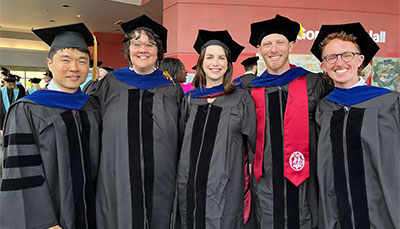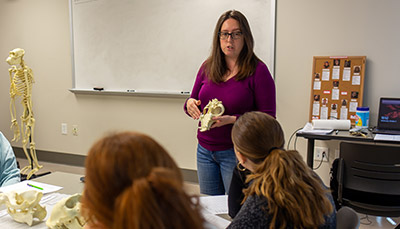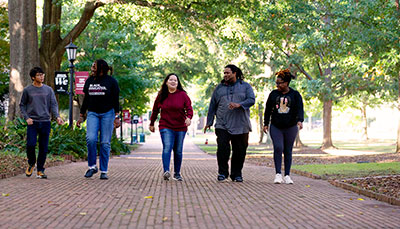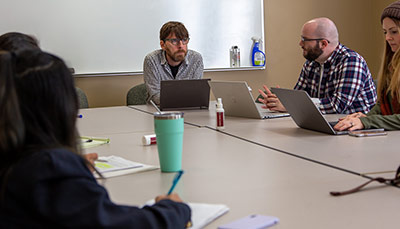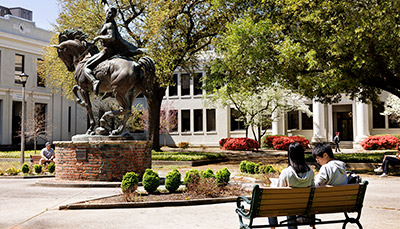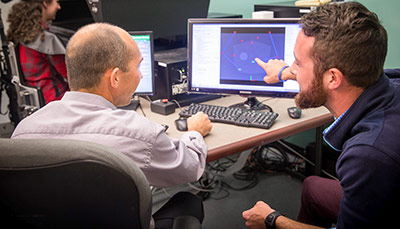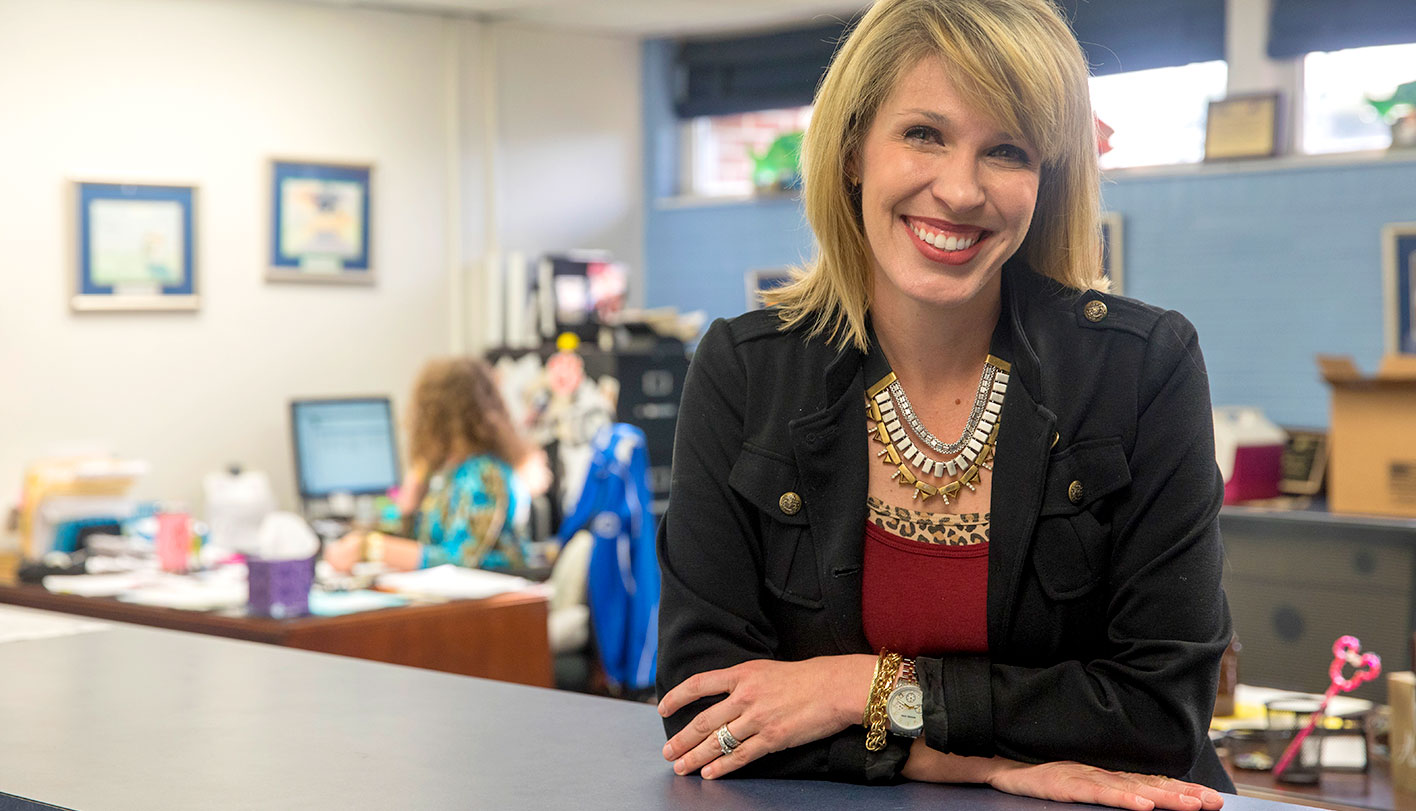Library and Information Science, Ph.D.
College of Information and Communications
This research-intensive degree prepares doctoral-trained teacher scholars for library and information science faculty and administrative careers at universities, research centers and private businesses.
Our graduates distinguish themselves in advancing the ways people and organizations create and use information. We emphasize the relevance of social justice in the study and practice of library and information science, and we encourage faculty-student mentorship through publishing, grant writing and conference presentations.
Program Highlights
-
An Expert Faculty
Learn from faculty members who combine distinguished academic careers with extensive professional experience.
-
Cross Disciplines
Learn to foster cross-disciplinary thinking with research and academic expectations.
-
Funded Research Opportunities
Apply for funding for your research and travel through The Graduate School and the School of Information Science.
-
Top Program
Study at a school ranked in the Top 20 of all American Library Association-accredited schools (U.S. News & World Report).
Building Skills
Gain the professional and personal intelligence it takes to have a successful career.
-
Data Analysis
Examining and interpreting information to uncover insights and inform decision making
Research
Gathering and analyzing information to increase knowledge or solve problems
Analytical Reasoning
Breaking down complex problems or situations to identify patterns, connections and solutions
-
Collaboration
Working with others to achieve a common goal or objective
Critical Thinking
Analyzing and evaluating information to make informed decisions or judgments
Communication
Exchanging information and ideas through speaking, writing or other means of expression
Using your degree
Make your college experience the foundation for a successful future.
Potential Careers
- Librarian
- Archivist
- Researcher
- Museum Director
- Professor
Workplace Settings
- Libraries
- Archives
- Museums
- Education

